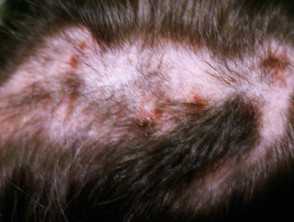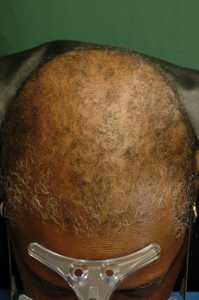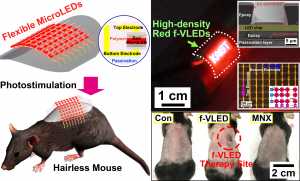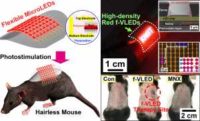Hair Loss - Alopecia / 12.02.2025
5 Main Scalp Issues Causing Hair Loss in Men and How to Address Them
Hair loss in men is a common concern that affects millions worldwide. While genetics play a significant role, various scalp issues can contribute to thinning hair and baldness. Understanding these scalp problems and their potential treatments can help men take proactive steps to maintain a healthy head of hair.
Scalp conditions like dandruff, seborrheic dermatitis, and fungal infections can lead to hair loss if left untreated. These issues often cause inflammation, irritation, and damage to hair follicles, disrupting the normal growth cycle. Additionally, autoimmune conditions such as alopecia areata can result in patchy hair loss on the scalp and other parts of the body.
Fortunately, many scalp issues are treatable with proper care and medical intervention. From over-the-counter shampoos to prescription medications and hair loss spray suitable for any hair type, there are numerous options available to address these concerns and promote healthier hair growth.
Key Takeaways
- Scalp issues can contribute significantly to hair loss in men beyond genetic factors.
- Treating underlying scalp conditions is crucial for maintaining healthy hair growth.
- Various treatment options, including specialized products and medical interventions, can help combat hair loss.










